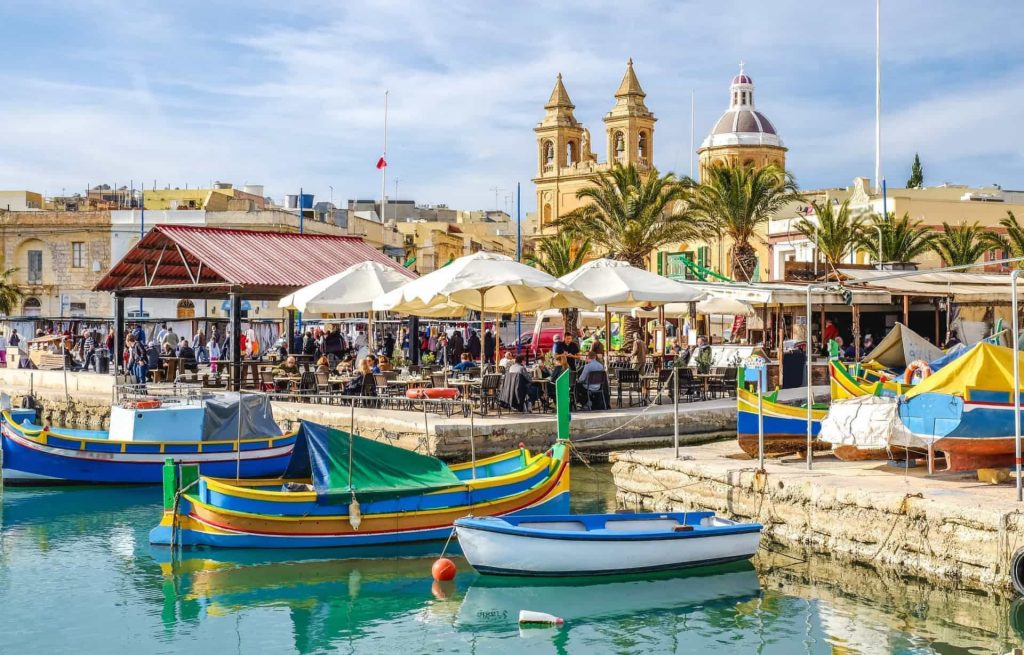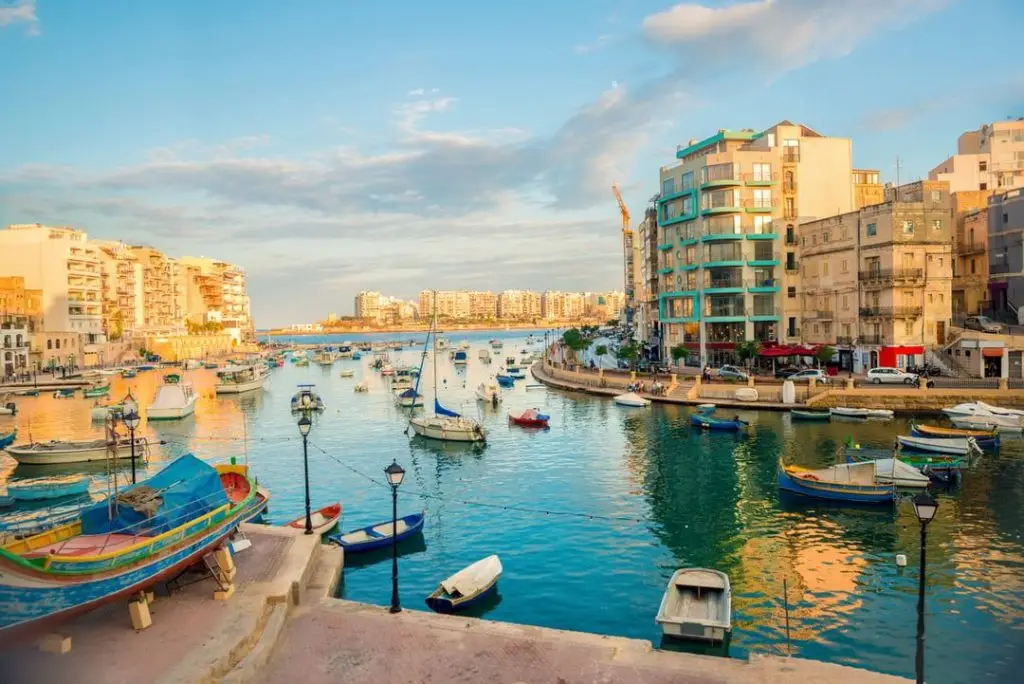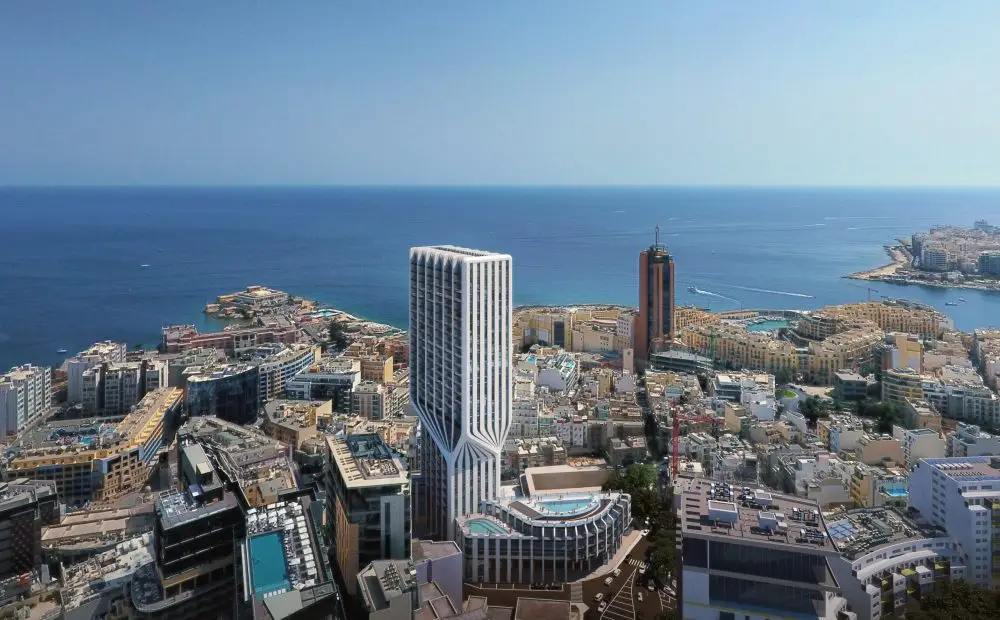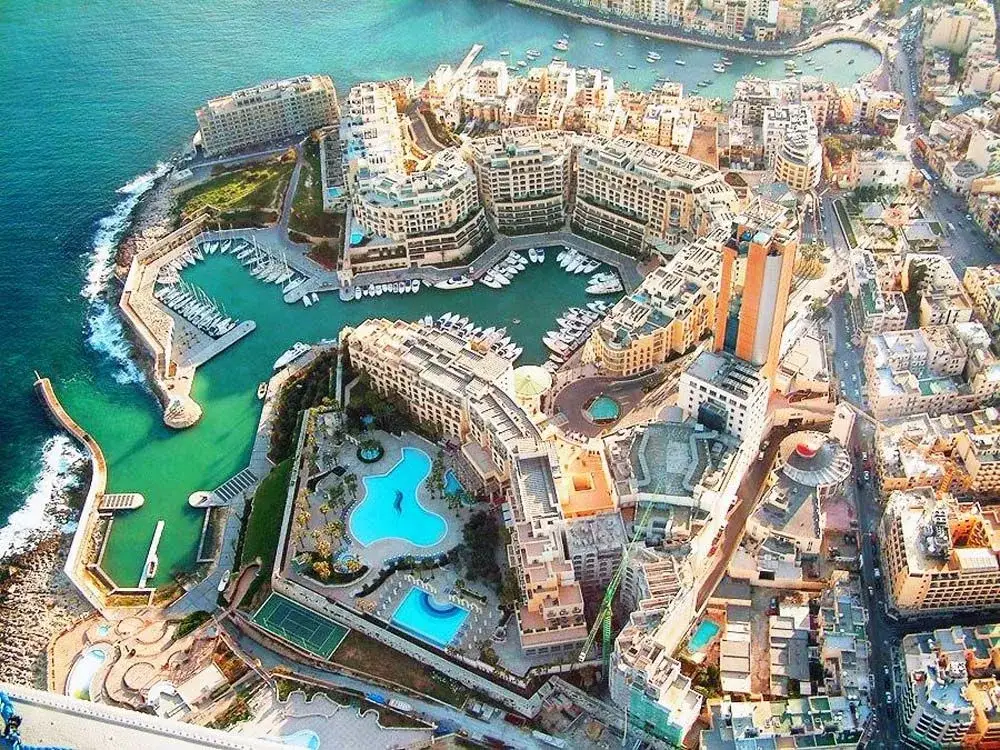Money has long crossed borders faster than people. The modern investor is constantly moving in search of new opportunities. However, stable long-term planning, especially in the face of geopolitical instability, requires a solid foundation. What does Maltese citizenship give to an investor? It becomes just such an anchor – not just a formal status, but an effective tool for securing assets, encouraging capital growth and enhancing personal and financial flexibility.
Malta: not an island, but a resource
The map of Europe knows the island as a point between Sicily and North Africa. For the investor, it is not a point, but a crossroads. The country is part of the Schengen area, the EU and the British Commonwealth of Nations, opening the way to dozens of markets. Its citizenship gives the investor direct access to the 27 EU states – without visas, bureaucracy or diplomatic delays.
Infrastructure with figures
The country’s GDP has more than doubled in the last 15 years. Malta is among the top 10 countries with the fastest pace of digitalisation of public services in the EU. E-government, company registration in 48 hours, tax agreements with 70+ jurisdictions – all this makes the island a business hub and Maltese citizenship a strategic platform.
What gives Maltese citizenship to an investor
 A tool capable of handling dozens of tasks simultaneously is valuable in an environment where minutes count. The Maltese passport turns complex procedures into straightforward actions without intermediaries and delays.
A tool capable of handling dozens of tasks simultaneously is valuable in an environment where minutes count. The Maltese passport turns complex procedures into straightforward actions without intermediaries and delays.
Malta passport opens doors to 185+ countries including USA, Canada, UK, Japan, Singapore. Visa queues and consular walks disappear. Citizenship status entitles you to act immediately, without logistical delays.

It covers spouse, children under 29 and parents over 55. All family members receive the same rights to health, education, work and social protection.
Conditions of participation: not a purchase, but an investment in stability
The programme is based on a clear and transparent mechanism where each amount is directed to a specific segment of the economy. This approach ensures not just legalisation, but integration of capital into the country’s national interests.
The investment programme requires investments in three areas:
- Contribution to the National Development Fund – from $648,000.
- Purchase of property – from $756,000.
- Rental properties start at $17,280 per year.
- Charitable contribution is from $10,800.
The total period of receipt is from 12 months. Maltese citizenship is obtained after checks, with a clean history and transparent origin of capital.
Access to European values: medicine, education, security
Maltese healthcare is among the top 5 in the EU in terms of quality (Euro Health Consumer Index). All citizens have access to public and private clinics. Insurance rates are on average 30% lower than in Germany or Belgium.
Public schools are free, teaching is in English. The country’s university is accredited in the EU, UK and USA. Public schools with the British system cost from $7,500 per year.
What gives Maltese citizenship to an investor in this area – access to elite education without visas, without barriers, without deferrals.
Business and taxes
The state offers an income tax, but only on income coming into the country. There is no tax on worldwide income in the absence of residency. Rates:
- The return for legal entities is 35%, but the effective rate after repayment is from 5%.
- Personal income tax is a progressive scale, up to 35%.
- No inheritance and capital gains tax under certain conditions.
Company registration – up to 2 working days. IT, fintech, gamdev, pharmaceuticals, shipping are the main sectors for investment.
What Maltese citizenship gives to an investor in the context of business – the opportunity to open accounts in the EU, to work without restrictions, to participate in European tenders, to protect rights in EU courts.
Real estate: an asset with an upside
The cost per square metre in Valletta has increased by 61% since 2015. The average rental yield is 5.2% per annum. Further growth is expected due to the limited stock of properties and high demand.

Demand is concentrated in Sliema, St Julian’s and Medina. There is a concentration of properties that meet the conditions of Malta’s investment programme. The investor receives not only the status of a citizen, but also an asset with high liquidity.
7 reasons why investors choose Malta
Choosing a country to invest in requires precise calculation, not intuition. The island combines economic logic and personal interests in one legal decision.
What gives civil status to the investor is the possibility of free movement within the EU and Schengen countries. Let’s consider the main reasons for the choice:
- Stable political system, membership of the EU and Euro-zone.
- Developed banking system with multi-currency support.
- A simple and quick onboarding process.
- Opportunity to pass on civil status to children.
- Absence of a tax on world income.
- Legal protection of assets and business in Europe.
- Access to European education and medicine.
Each of these advantages enhances competitiveness and reduces legal and financial risks. This is the combination that international capital values – not status for prestige’s sake, but a tool for action.
What does Maltese citizenship give to an investor: conclusions
 Maltese citizenship is not a document but a tool. A universal key to Europe’s business climate, education system, healthcare, property markets, capital protection and, most importantly, confidence in the future.
Maltese citizenship is not a document but a tool. A universal key to Europe’s business climate, education system, healthcare, property markets, capital protection and, most importantly, confidence in the future.
The programme works. The data speaks for itself. Everyone who has entered this jurisdiction with investments has received not just a status, but a new quality of life.
 en
en  de
de  ar
ar  es
es  hi
hi  fr
fr  nl
nl  it
it  pt
pt  el
el 









